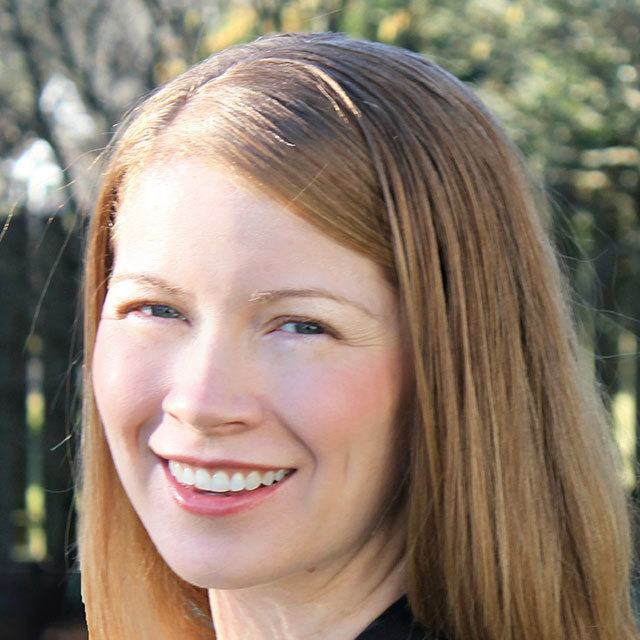By Courtney Oliver
Being a teenager is stressful. They worry about deadlines, grades at school, as well as social and emotional situations.
It’s a lot. At the same time, teens are busy determining their identities and learning how to create resilience. All coupled with the pressure to fit in, and all the while their prefrontal cortex is still developing — leading to impulsive decisions and reactions.
Each new experience is crucial to a teenager’s growth and how they relate to the world around them. Stress management, effective communication and problem solving are among the wonderful skills we hope our teenagers learn to address these challenges.
All too often, however, teenagers use drugs and alcohol to cope with their stress. Our teenagers have more, and easier, access than ever.
Legalization of marijuana, hard alcohol sales in grocery stores, and your own medicine cabinet at home all create opportunities. We live in a culture where alcohol and drugs are acceptable and normal.
So how does drug and alcohol use start? Perhaps a teenager tries alcohol or drugs in an experimental or social environment. Maybe a friend introduces it to them and there is a curiosity about it or just the need to fit in.
The danger is, after the first try, some teens imagine it can help with stress, depression or to escape from their current situation. This can develop into regular use. For example, teens might use marijuana to deal with test anxiety or alcohol to deal with a break up. These situations start as isolated occurrences, but as they continue to work in the short term, the use increases. The danger is when alcohol and drugs become permanent tools in their toolbox.
Our hope is for our teenagers to be healthy and happy without having to rely on drugs or alcohol. It starts at home. Your attitudes and values around drugs and alcohol are a huge influence. Research has shown that family beliefs about drugs and alcohol, as well as exposure to peer groups that encourage substance use, are the most influential causes of initial use.
Think about the substances in your home. Are they accessible? Even though you may think your child would not look for alcohol or drugs in your home does not mean their friends won’t.
I suggest teen/tween-proofing your house. Remember when you brought your newborn home and you baby-proofed your house? You did it because you wanted your child to be safe and protected. Think of teen/tween-proofing your house in the same way. You do it because it’s a stage of life and your teenager needs protecting.
Teen/tween-proofing means taking all alcohol and placing it in a locked refrigerator or cabinet. Go through your medicine cabinet and dispose of any expired medication and lock up the rest, even your over-the-counter medications. Make access difficult.
What might a discussion about drugs or alcohol with your son or daughter look like? Do you tell them about your “good old days” and what you have done? When sharing stories, it’s important to be honest with them about your own teen experiences. Be open if you used alcohol or drugs to deal with tough times, but be clear that it did not help or make things better. They need to hear that you were scared, embarrassed, lonely, angry, etc. When your story does not have a feeling, connection or purpose, the teen only hears it is OK to use alcohol or drugs because their parents did as a teenager.
We should also look at our own relationship with alcohol and drugs. How do you relate to drugs and alcohol in your home and socially? It’s important to model a variety of healthy tools when coping with life so your teenager learns and is able to practice these skills in a safe environment. If the only time they see you having fun with your friends is when gathered around a bottle of wine, you are showing them it’s normal for them to socialize in that way too. It’s important for teenagers to see a positive role model who can enjoy hobbies or parties without any influence of alcohol or drugs. This will lead to a strong foundation within your family and future discussions based on honesty and openness.
Courtney Oliver is a licensed mental health and chemical dependency counselor with Bainbridge Youth Services, which provides community youth (ages 12-21) with no-cost, confidential and professional counseling. Visit www.askBYS.org for more information.



